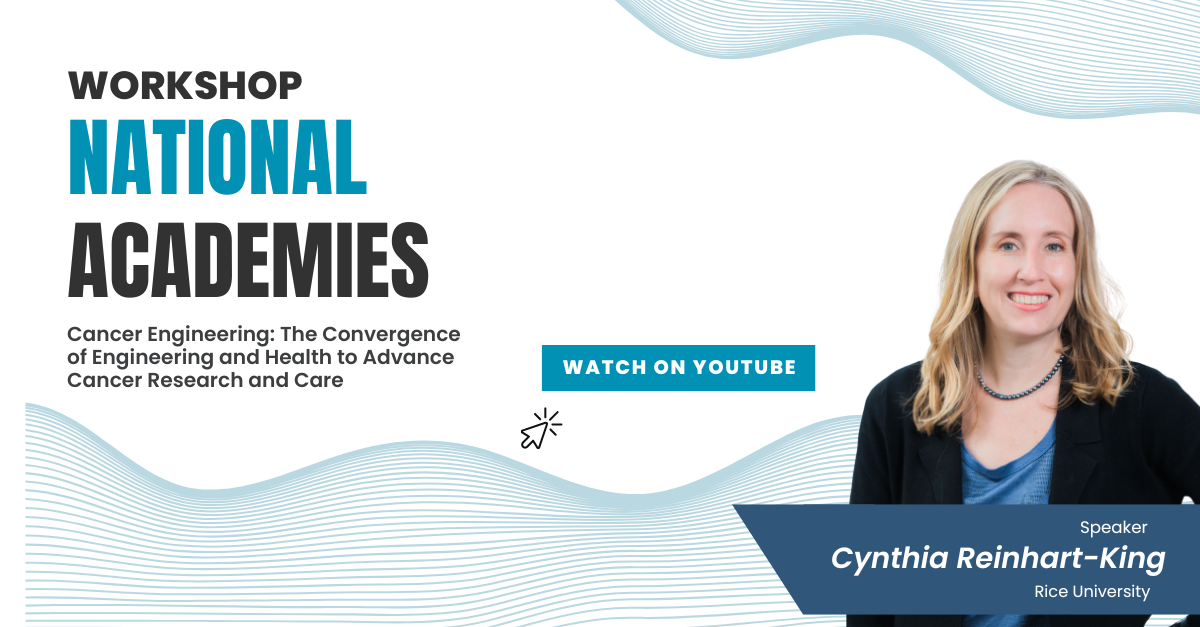Annual Meeting 2025 Preliminary Schedule Now Posted
Check out the condensed program and schedule at-a-glance for the fall’s BMES Annual Meeting in San Diego, Calif., now posted here: ...
BMES serves as the lead society and professional home for biomedical engineers and bioengineers. BMES membership has grown to over 6,700 members, with more than 110+ BMES Student Chapters, three Special Interest Groups (SIGs), and four professional journals.
Welcome to the BMES Hub, a cutting-edge collaborative platform created to connect members, foster innovation, and facilitate conversations within the biomedical engineering community.
Discover all of the ways that you can boost your presence and ROI at the 2024 BMES Annual Meeting. Browse a range of on-site and digital promotional opportunities designed to suit any goal or budget that will provide maximum impact.
Virginia Tech University researchers are using clinical ultrasound images to train computers to detect Musculoskeletal injuries, such as small tendon tears, with the goal of facilitating more accurate medical diagnoses.
Vincent Wang, the Kevin P. Granata faculty fellow and associate professor in biomedical engineering and mechanics is conducting the research along with Carrie Cheung, a graduate student in biomedical engineering.
The research team is developing algorithms to identify ultrasound image features unique to injured tendons, according to the article. Their hope is that these algorithms can be used in clinical settings where machines can identify injuries in real-time.
These analyses may assist with clinical diagnosis and injury prevention. Musculoskeletal injuries, such as small tendon tears, can be challenging for the human eye to detect on ultrasound images, according to the article.
“Our approach resembles that used for facial recognition in commonly-used smartphone apps,” Wang said in the article.
This project is a collaboration with Bert Huang and Wu Feng in computer science at Virginia Tech for creation of algorithms and code and Albert Kozar in sports medicine at the Edward via College of Osteopathic Medicine to supply the tendon images.
Watch the video to learn more about the research.

Check out the condensed program and schedule at-a-glance for the fall’s BMES Annual Meeting in San Diego, Calif., now posted here: ...

BMES was proud to be represented at the recent National Academies of Sciences, Engineering, and Medicine (NASEM) workshop last week, Cancer &...

Because we understand the complexity of this year’s funding and travel uncertainty, we are extending the abstract submissions deadline for this...

Engineering researchers have developed a device the size of a wristwatch that can monitor an individual's body chemistry to help improve athletic...

The newly elected members of the National Academy of Engineering (NAE) include BMES Fellow Susan Margulies, the chair of the Wallace H. Coulter...

1 min read
Biomedical engineers at the UConn School of Dental Medicine have developed a handheld 3D bioprinter that could change the way musculoskeletal...